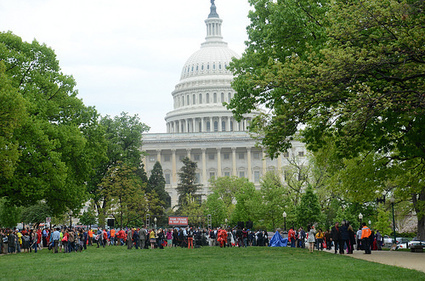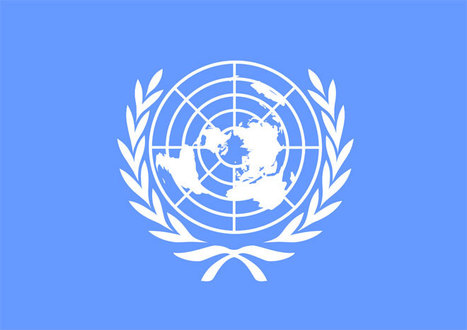Intellectual Property Rights should be subsumed to human rights, national interests and the preservation of genetic resources
Intellectual property can be defined as the creations of the human mind. Intellectual Property Rights (IPR) are legal rights governing the use of such creations. The inventors are given certain monopoly rights for a specified time, and in return, the details of the innovations are made public. It is generally assumed that IPR helps to encourage invention, innovation and dissemination of knowledge.
The term IPR covers a bundle of rights such as patents, plant breeders' rights, copyrights, trademarks and trade secrets, each with a different purpose and effect. Copyright covers the expression of ideas in writing, music and pictures. Patents cover inventions such as designs for objects or industrial processes. Trademarks are symbols associated with a good, a service, or a company. Trade secrets cover confidential business information. A very recent addition -- plant breeders' rights -- covers the area of production of new seeds and plant varieties.
IPR is nothing more than State-mandated monopolies. The idea behind such rights is that the fundamentals of an invention are made public while the inventor, for a limited period of time, has the exclusive right to make, use, or sell, the invention. Discoverers and inventors are thought to deserve special rewards or privileges because their discoveries and inventions benefit society. The public good is not considered a reward in itself and therefore these incentives to encourage invention or innovation.
Via
Paulo Tomás Neves



 Your new post is loading...
Your new post is loading...












